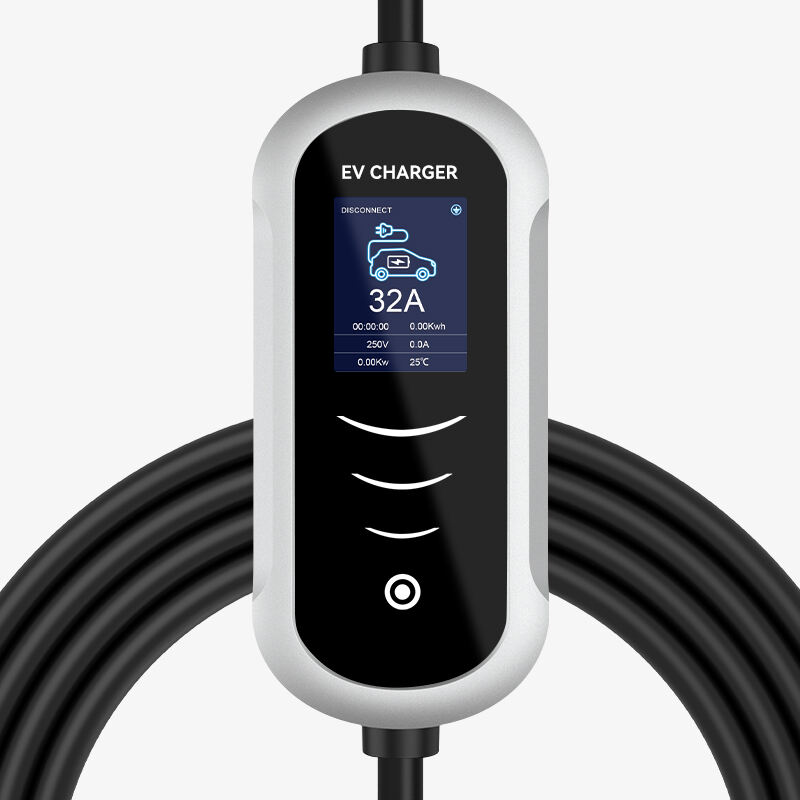In the rapidly evolving landscape of electric vehicles (EVs), the demand for tailored charging solutions has never been more critical. As the global transition to sustainable transport accelerates, the need for deep customization in EV charging infrastructure emerges as a key factor in meeting diverse consumer needs. This blog will explore how deep customization addresses various requirements, enhances user experience, and supports the growth of the EV market.
Catering to Diverse User Groups: From Individuals to Fleets
The first aspect of deep customization is its ability to cater to different types of EV users. Consumers range from individual car owners to commercial fleet operators, each with unique charging requirements. For instance, residential users may prioritize home charging solutions that are compact and efficient, whereas businesses might need high-capacity charging stations that can accommodate multiple vehicles simultaneously. By providing tailored solutions, companies can ensure that every user finds a charging option that fits their specific needs, thereby enhancing customer satisfaction and loyalty.
Integrating Smart Technology: Enhancing User Experience and Efficiency
Another significant factor is the integration of smart technology into EV charging solutions. Deep customization allows for the incorporation of advanced features such as remote monitoring, scheduling, and real-time updates on charging status. These capabilities not only improve user experience but also enable users to optimize their charging times and costs. For example, users can choose to charge their vehicles during off-peak hours when electricity rates are lower, ultimately leading to significant savings. This level of personalization is increasingly becoming a standard expectation among EV users, making it essential for companies to adopt customizable solutions.
Adapting to Geographical and Infrastructural Variations
Furthermore, deep customization plays a vital role in addressing geographical and infrastructural differences. Different regions may have varying energy sources, grid capabilities, and user preferences. For instance, urban areas might favor fast-charging stations due to space constraints and high vehicle turnover, while rural areas may benefit from more extensive charging networks that support longer travel distances. By understanding and responding to these regional variations, companies can develop charging solutions that are not only effective but also sustainable and aligned with local energy policies.
Aligning with Sustainability Goals: Greening the Charging Ecosystem
As the EV market continues to grow, sustainability will remain a crucial consideration. Deep customization enables companies to design charging solutions that not only meet user demands but also align with environmental goals. For example, integrating renewable energy sources such as solar or wind power into charging stations can significantly reduce their carbon footprint. This commitment to sustainability not only attracts eco-conscious consumers but also positions companies as leaders in the green revolution of transportation.
Conclusion: Customization as the Cornerstone of EV Charging Evolution
In conclusion, the future of EV charging lies in deep customization. By addressing diverse user needs, integrating smart technology, adapting to regional differences, and committing to sustainability, companies can create charging solutions that are not only effective but also resonate with consumers. As the industry evolves, staying ahead of these trends will be key to capturing market share and driving growth in the electric vehicle sector. The demand for customized EV charging solutions will continue to rise, making it imperative for companies to innovate and adapt to meet these changing needs.

